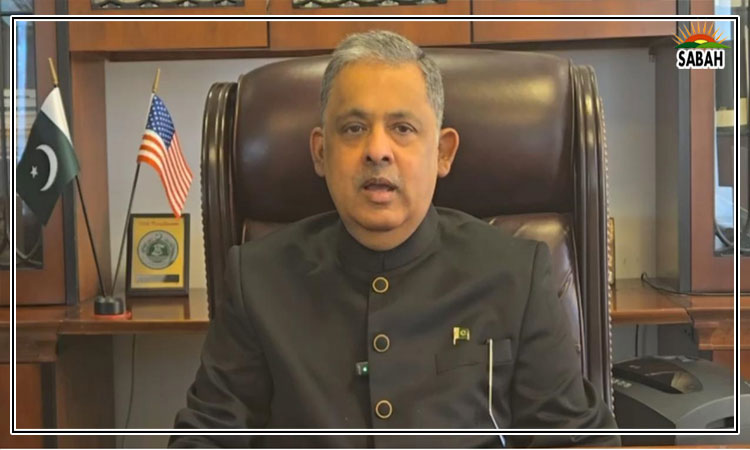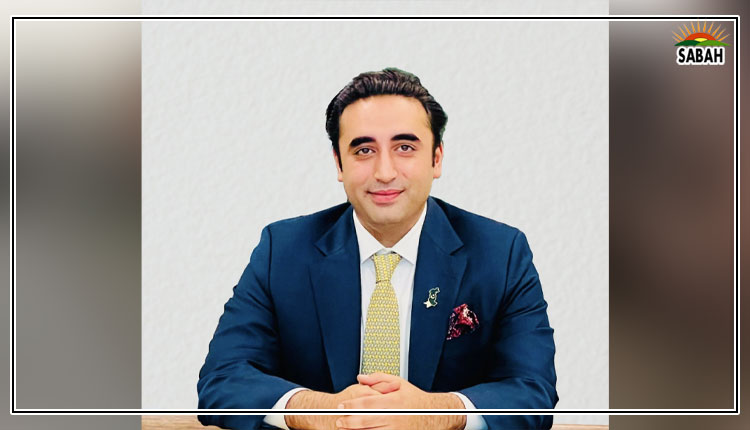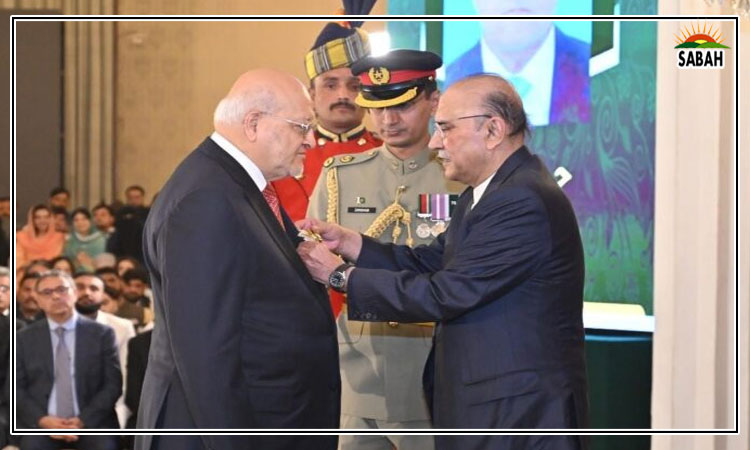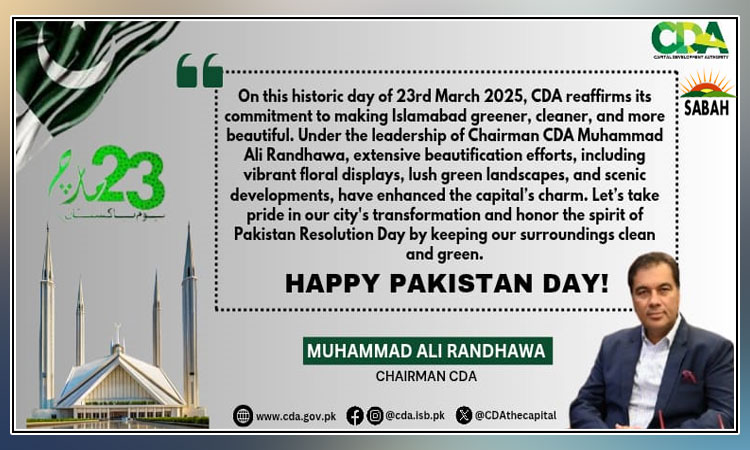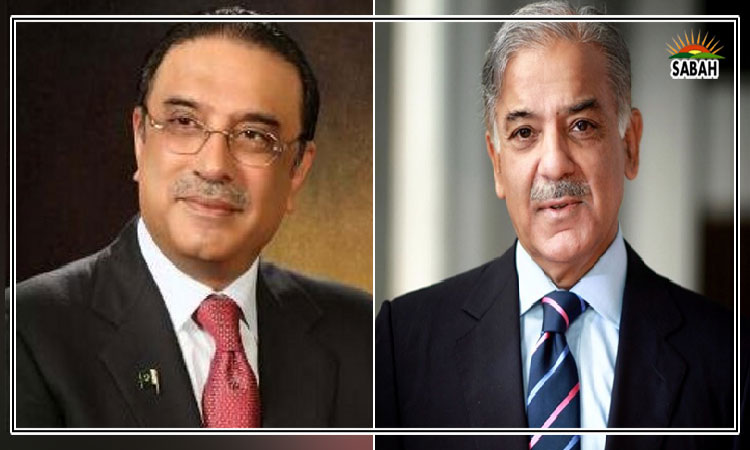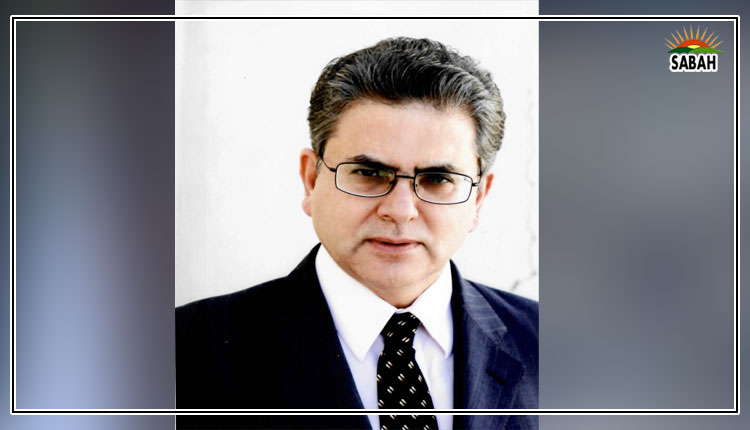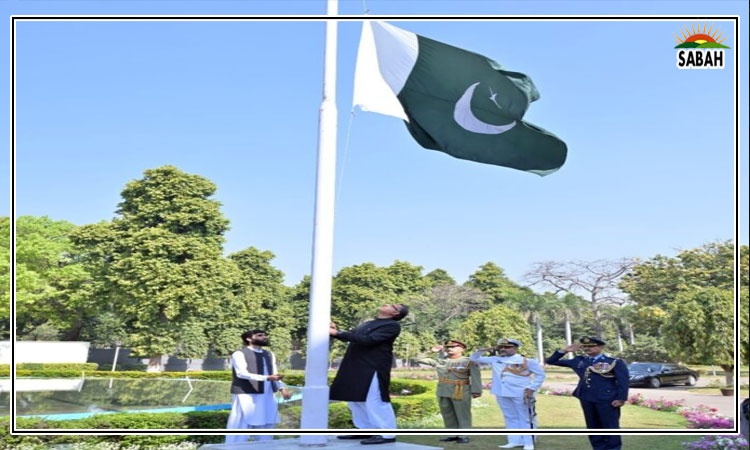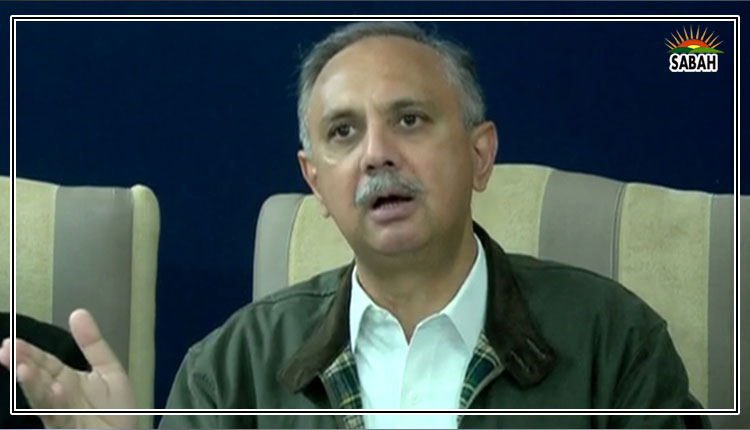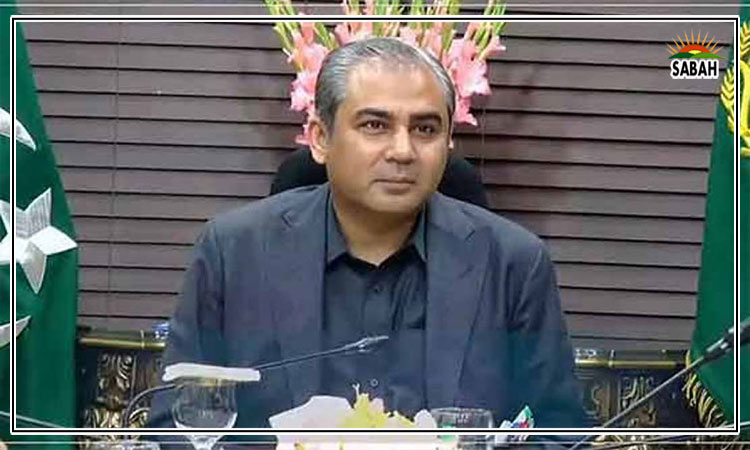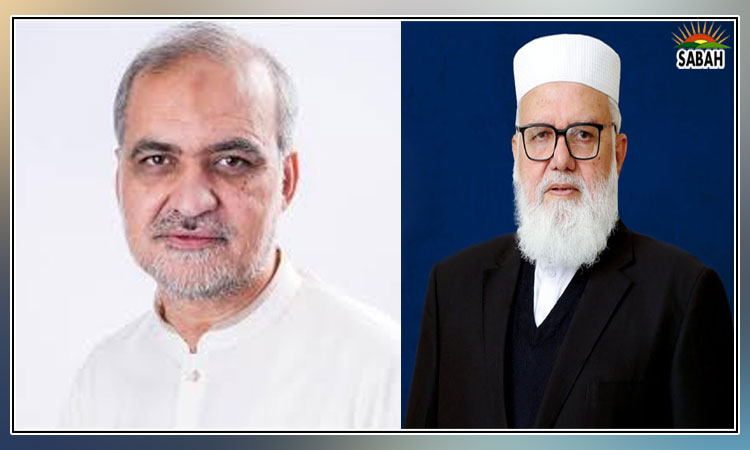Russian roulette ….. Mahir Ali
A THUMPING majority for Vladimir Putin in his fifth bid for the Russian presidency was a foregone conclusion, even though its size surprised even seasoned analysts. It’s a 10 per cent improvement on his 77.5pc score in 2018, and his initial candidacy in 2000 was rewarded with little more than 53pc of the popular vote.
The electoral exercise that began last Friday and concluded on Sunday was not billed as a wartime affair, given that the aggression against Ukraine has officially been designated as a special military operation. But a war by any other name smells just as foul, and there is little evidence that most Russians buy the Kremlin’s narrative that this sordid conflict bears any resemblance to the ‘great patriotic war’ of 1941-45, in which the Soviet Red Army ultimately routed the Nazis.
Russian accounts frequently neglect to mention that Josef Stalin panicked when Adolf Hitler betrayed the Nazi-Soviet pact, having ignored reports of an imminent German invasion from his spies. Or that Soviet military strategy went awry until Stalin left it to the generals. After the war, the domestic politics of paranoia resurfaced. In the first phase during the 1930s, Stalin had physically eliminated all conceivable rivals as well as numerous competent military leaders, which facilitated the initial Nazi cakewalk through vast tracts of Soviet territory.
Putin’s Stalinesque paranoia has been evident since his earliest days at the helm. Many perceived opponents — from recalcitrant oligarchs and disenchanted intelligence agents to journalists and politicians — died in mysterious circumstances, as did political rival Alexei Navalny in a Siberian prison colony recently.
I find it hard to share Western and Russian liberals’ enthusiasm for Navalny as an antidote to the poison Putin has injected into the lifeblood of Russia, notwithstanding his worthy anti-corruption crusade. But he certainly deserved the opportunity to face Putin on a level electoral playing field. He wouldn’t have won, but the impression of an autocrat backed by more than 87pc of Russians might have been averted.
Putin’s paranoia has been evident since the early days.
Of course, an imprisoned Navalny would not have been permitted to contest, so his elimination can perhaps only be explained by visceral hatred, or as a means of limiting the challenge to any of Putin’s successors.
The irony of Russia’s recent history is that the federation’s least undemocratic election occurred during the last months of the Soviet era, in March 1991. Boris Yeltsin won it with more than 58pc of the popular vote, despite the antipathy of the Gorbachev government. Yeltsin went on to play a key role in reversing the absurd August coup against Mikhail Gorbachev. Emboldened by Western backing, he went on dismantle the USSR in collaboration with the elected leaders of Ukraine and Belarus, ignoring the non-Slav components of the union and superseding a new union treaty that Gorbachev was on the verge of finalising.
We will never know how long a reformed Soviet Union, composed of sovereign states that finally enjoyed the autonomy from Moscow that Vladimir Lenin had argued for 70 years earlier, might have lasted. The Yeltsin regime destroyed a moribund economy desperate for renewal but replaced it with predatory capitalism. He also deployed the army against parliament, and incarcerated politicians included his vice president, Aleksandr Rutskoi (a former war prisoner in Pakistan during the Afghan conflict).
The 1996 election went to a second round, and Yeltsin beat the fairly dismal Communist Party candidate, Gennady Zyuganov, with the aid of authorised foreign interference — primarily from America. The services of the new-fangled intelligence agency, the FSB, may also have been invoked. Its first director was a former KGB agent and deputy mayor of St Petersburg, who was named prime minister in 1999. Shortly afterwards, Yeltsin quit, having been offered immunity from prosecution for corruption, and named Putin as acting president. The rest is recent history.
Stalinism could not even begin to be exorcised until the dictator’s demise in March 1953, after 30 years in power, and it is widely assumed that Putin’s exit from the Kremlin will also involve a coffin. That could be a long time coming, and it would be inhumane to prolong the Ukraine war indefinitely. In that context, Pope Francis’ much-pilloried advice on pursuing peace makes far more sense than the gung-ho blather from Nato’s Jens Stoltenberg or the EU’s Ursula von der Leyen.
Besides, let’s not forget that popular support for Putin is only reinforced by Western Russophobia that cancels Chekhov and Tchaikovsky, and queries Russian cultural and sports figures about their views on the Ukraine war. What are the chances that Israeli or Jewish participants in any event might be asked whether they support the genocide in Gaza?
mahir.dawn@gmail.com
Courtesy Dawn, March 20th, 2024


